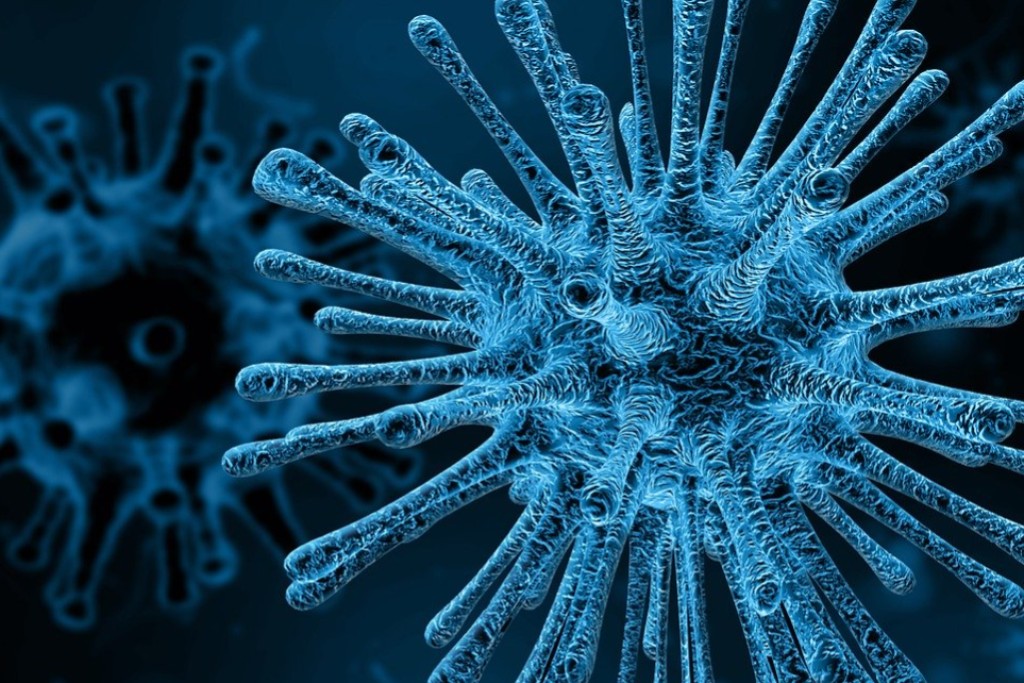As reported cases of a novel viral infection nears 12,000 and related deaths now are over 250, the world’s most populous nation has been fighting its recent history’s most contagious epidemic.
The coronavirus outbreak has reached to each and every single region across mainland China. Although being thousands of miles away, U.S. residents are not immune to contracting the disease, either. They are advised to stay alert and follow what might look like simple precautions that could save their lives and those of others.
Centers for Disease Control and Prevention (CDC) has released an online guide to educate individuals on the best practices to stay safe from tiny yet extremely malicious agents.
Wash Your Hands Frequently and Properly!
According to the America’s leading public health institute, the most effective way to stay safe from getting sick would be frequently and thoroughly washing your hands as you risk leading billions of germs inside your body every time you touch your eyes, your mouth and your nose with those extremities.
“It’s quick, it’s simple, and it can keep us all from getting sick. Hand washing is a win for everyone, except the germs,” the organization says.
Here are its guidelines for doing it the right way:
- Wet your hands with clean, running water (warm or cold), turn off the tap, and apply soap.
- Lather your hands by rubbing them together with the soap. Lather the backs of your hands, between your fingers, and under your nails.
- Scrub your hands for at least 20 seconds.
- Rinse your hands well under clean, running water.
- Dry your hands using a clean towel or air-dry them.
The organization advises such hand washing particularly:
- Before, during, and after preparing food.
- Before eating food.
- Before and after caring for someone who is sick with vomiting and/or diarrhea.
- Before and after treating a cut or wound.
- After using the toilet.
- After changing diapers or cleaning up a child who has used the toilet.
- After blowing your nose, coughing, or sneezing.
- After touching an animal, animal feed, or animal waste.
- After handling pet food or pet treats.
- After touching garbage.
Make a Hand Sanitizer Your Most Loyal Companion!
Yet you might not have access to necessary toiletries and running water at all times. In recognition of such difficulties, the institute also urges people to resort to hand sanitizers to maintain hand hygiene.
Carrying a tiny bottle with you as often as possible is therefore a brilliant idea. Only keep in mind that unlike water, those useful chemicals won’t do much help with visibly dirty, greasy hands or with removing certain harmful substances such as pesticides.
Avoid Close Contact with Coughing People!
The most obvious symptom of the latest coronavirus infection is cough. Therefore, you would have done yourselves a great favor by avoiding getting too close to people who are demonstrating it. Whatever droplets they release into the air every time they cough might land the same germs into your system when you inhale them.
Another main symptom of the highly contagious disease is fever. Although it is harder to tell from outside if somebody near you would be warm to touch, step away if you realize they are. Body temperatures at or above 100 Fahrenheit (37.7 Celsius) are generally signs of an ongoing anti-infection fight.
What If You Are Already Sick?
According to the latest official information, coronavirus infection cases are still rare in the U.S. but it doesn’t change the fact that a total of 36 states currently have patients under investigation.
Four of those states — Washington, California, Arizona and Illinois — have reported patients who tested positive for the virus. In the face of the possibility of its further spread, people should also keep a keen eye on their own health.
If you are feeling unwell, coughing and feverish, it will be best to report to your healthcare provider without delay. However in the process, you should also cover your mouth and nose while sneezing/coughing with a napkin and safely dispose it, away from contact with others.
Wear a mask to make sure you don’t help germs spread on. Washing hands would also be of paramount importance in order to contain them.

